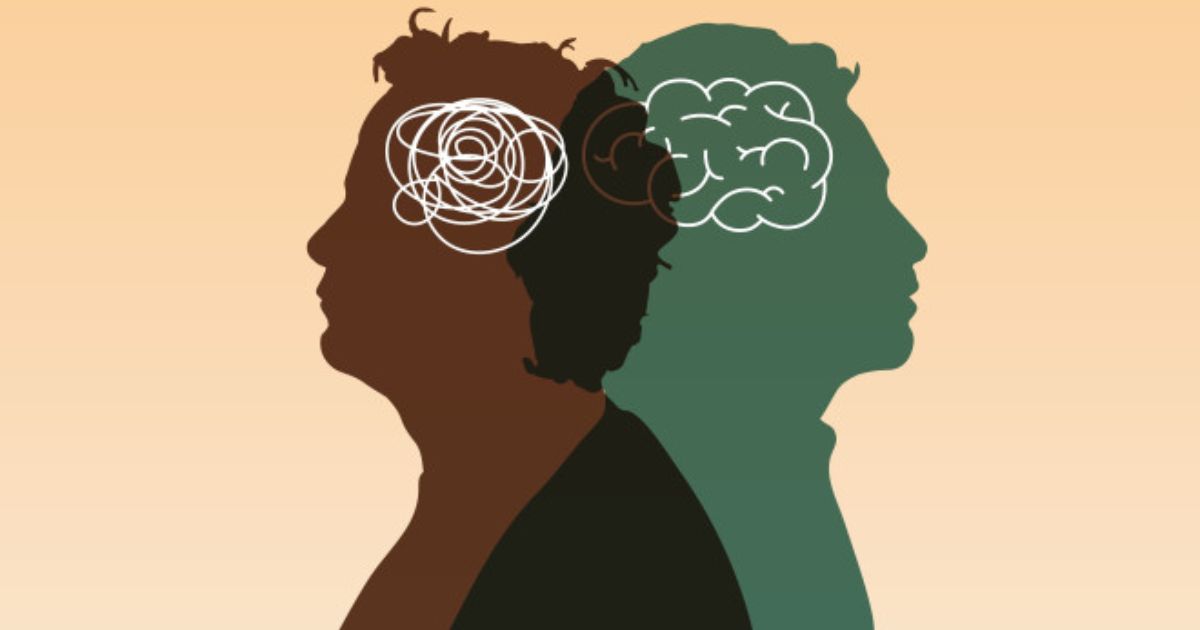Empathy, the profound ability to comprehend and share the emotions of others, is a captivating facet of human nature.
For individuals who identify as empaths, this experience goes beyond mere understanding; they feel the emotions of others as if they were their own.
A recent study has shed light on the multifaceted nature of empathy, categorizing it into various forms – affective, cognitive, and sympathetic empathy, each with its distinct implications for prosocial and antisocial behavior.
While possessing empathic abilities can be considered as a gift, it also brings forth a distinctive array of difficulties.
The Struggles of Empaths
Empaths often find themselves overwhelmed in crowded or emotionally charged spaces, absorbing the emotions of those around them and experiencing exhaustion and anxiety.
Their strong desire to help others can lead to difficulty setting boundaries, making it crucial for them to learn to prioritize their personal needs.
Constantly navigating and processing the emotions of others can lead to emotional burnout, necessitating measures to recharge.
Distinguishing between their own emotions and those absorbed from others can be a challenge, leading to confusion.
Additionally, empaths may be particularly sensitive to negativity, impacting their mood and well-being, and they may feel an overwhelming sense of responsibility for others, potentially neglecting their own needs.
In relationships, their intense sensitivity can pose challenges, requiring a partner who understands and respects their emotional nature.
Some empaths may even experience a sense of loneliness or isolation due to perceiving the world differently and intensely, making it essential to connect with like-minded individuals for their well-being.
The Neuroscience of Empathy
A study published in the journal Mind and Society has identified mirror neurons as the neural structures responsible for the development of empathy.
Mirror neurons allow individuals to feel the reasons for and consequences of observed actions as if they were performing those actions themselves.
These neurons also respond when individuals observe the actions of others and mimic those actions when recreating them.
Understanding mirror neurons provides empaths with a neurological basis for their experiences.
Harnessing the Power of Empathy
Empaths can transform their unique gift into a catalyst for positive change by understanding and leveraging mirror neurons:
1. Identify Positive Role Models
Empaths can activate their mirror neurons by observing positive actions and behaviors in role models.
By internalizing this positivity and striving to replicate it in their own lives, empaths can make a positive impact on themselves and others.
2. Observational Learning Skills
Empaths possess excellent observational learning skills. They can mentally simulate positive behaviors they observe in others, enhancing their own coping mechanisms and problem-solving abilities.
3. Setting Healthy Boundaries
Empaths can consciously imitate positive actions, particularly when it comes to setting boundaries and prioritizing their needs.
By strengthening the neural connections associated with these behaviors, empaths can make them more intrinsic to their responses.
4. Building a Supportive Network
Social learning is a powerful tool for empaths. By observing positive behaviors in others and actively participating in social learning environments, they can reinforce their empathic skills and connect with like-minded individuals.
Mindfulness and Self-Care
To prevent burnout, empaths can engage their mirror neurons through mindfulness and self-care.
By establishing routines that focus on self-care and emotional well-being, they can reinforce neural pathways associated with their overall health.
In conclusion, empaths possess a remarkable ability to convert challenges into a catalyst for positive change.
By consciously embracing their unique gift and understanding its neuropsychological foundations, empaths can embark on a journey of personal growth that radiates outward, enriching the lives of those fortunate enough to cross their path.
While the path may be complex, it is undeniably beautiful, showcasing the incredible potential of human empathy.



